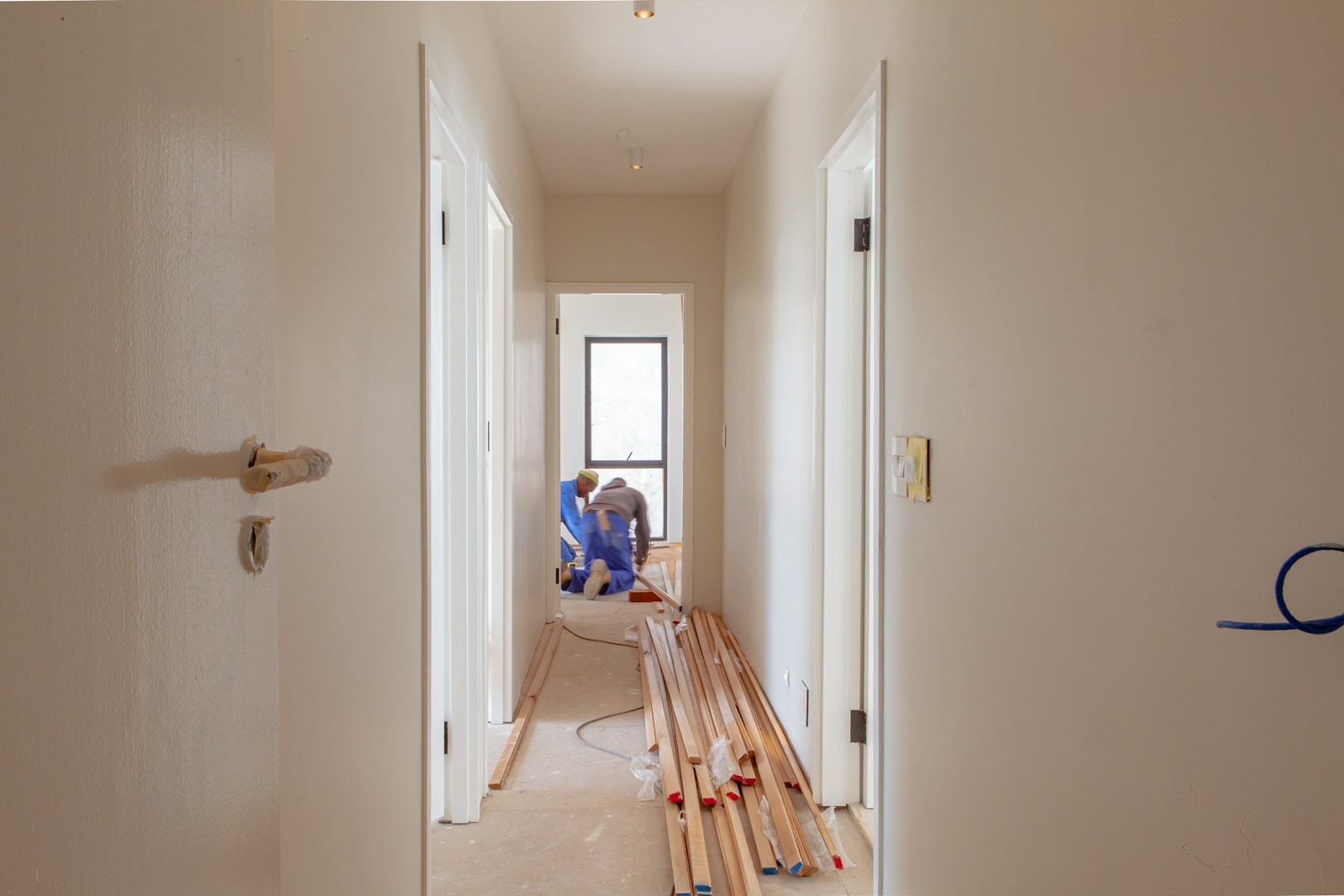Common Home Improvement Mistakes and How to Avoid Them
Home improvement projects can transform your living space, adding value, functionality, and personal style. However, they can also become overwhelming and costly if mistakes are made along the way. Whether you’re upgrading your kitchen, remodeling your bathroom, or adding curb appeal, it’s important to avoid common home renovation pitfalls. Here’s a breakdown of the most frequent mistakes homeowners make and how you can sidestep them.
1. Not Setting a Realistic Budget
One of the most significant home improvement mistakes is starting a project without a clear and realistic budget. Many homeowners underestimate costs, only to be shocked when they run out of money halfway through.
How to Avoid This:
Before starting, do your homework. Research materials, labor costs, and unexpected expenses. Factor in a cushion of 10-20% for any surprise costs that may arise. Also, speak to a remodel house contractor early in the process to get a professional estimate and avoid financial strain down the line.
2. Skipping the Planning Phase
Rushing into a renovation without a solid plan is a recipe for disaster. You might buy the wrong materials, overlook necessary permits, or worse, create a design that doesn’t work for your space.
How to Avoid This:
Proper planning is key. Create a detailed blueprint or hire an architect for major projects. Ensure that the layout, materials, and timeline are all in order before any demolition begins. If it’s a larger project, consider hiring a project manager or designer to guide you through.
3. Choosing Cheap Materials
The temptation to cut costs by opting for cheap materials is a mistake that many regret later. Low-quality materials may save money initially but can cost more in the long run due to frequent repairs, replacements, or unsatisfactory results.
How to Avoid This:
Always prioritize quality over price, especially for foundational elements like flooring, insulation, or roofing. Research durable, long-lasting materials and consult professionals to balance cost and quality effectively.
4. Not Hiring the Right Professionals
Attempting to DIY complex renovations or hiring the wrong contractor can lead to unfinished work, code violations, or even structural damage. Some jobs simply require expert knowledge and skills.
How to Avoid This:
Know when to call in the professionals. For projects involving plumbing, electrical work, or significant structural changes, hire licensed contractors who have a solid track record and verifiable references. Make sure to get multiple quotes, check online reviews, and confirm their credentials before making a decision.
5. Underestimating Timeframes
Many homeowners assume that renovations will be quicker than they actually are. This can lead to frustration when deadlines are missed, and projects stretch longer than anticipated.
How to Avoid This:
Understand that most home improvement projects take time, often longer than expected. Factor in potential delays for materials, weather, or labor issues. Building flexibility into your timeline will help you stay stress-free when things take longer than anticipated.
6. Ignoring Permits and Building Codes
Overlooking necessary permits and building regulations is a common mistake that can lead to hefty fines or forced removal of work that doesn’t comply with local laws.
How to Avoid This:
Always check local regulations before starting any renovation, particularly for larger projects like adding a room or changing structural elements. Your contractor should handle permits, but it’s crucial to be aware of what’s required and ensure everything is above board.
7. Neglecting Curb Appeal
Interior renovations often steal the spotlight, leaving the exterior of the home forgotten. However, curb appeal is crucial for your home’s value and overall aesthetics.
How to Avoid This:
Balance your home improvement projects by also addressing the exterior. Simple upgrades like fresh paint, landscaping, or updated entryways can significantly enhance your home’s appearance.
8. Over-customizing Your Home
Personalizing your home to fit your style is great, but going overboard with unique, trendy designs can hurt your resale value. Extreme customization might appeal to you but deter potential buyers if you plan to sell in the future.
How to Avoid This:
Opt for timeless designs and neutral palettes for major renovations like kitchens and bathrooms. You can always add personal touches with décor that can be easily updated or removed when it’s time to sell.
Conclusion
Home improvement can be rewarding, but avoiding common mistakes is key to ensuring your project runs smoothly, on time, and within budget. By planning carefully, hiring the right professionals, and balancing quality with cost, you can achieve the home of your dreams while avoiding stress and costly setbacks.
If you’re considering a major renovation, take the time to consult with a remodel house contractor who can provide expert insights and help you avoid these pitfalls. Taking these steps will save you time, money, and headaches in the long run.




